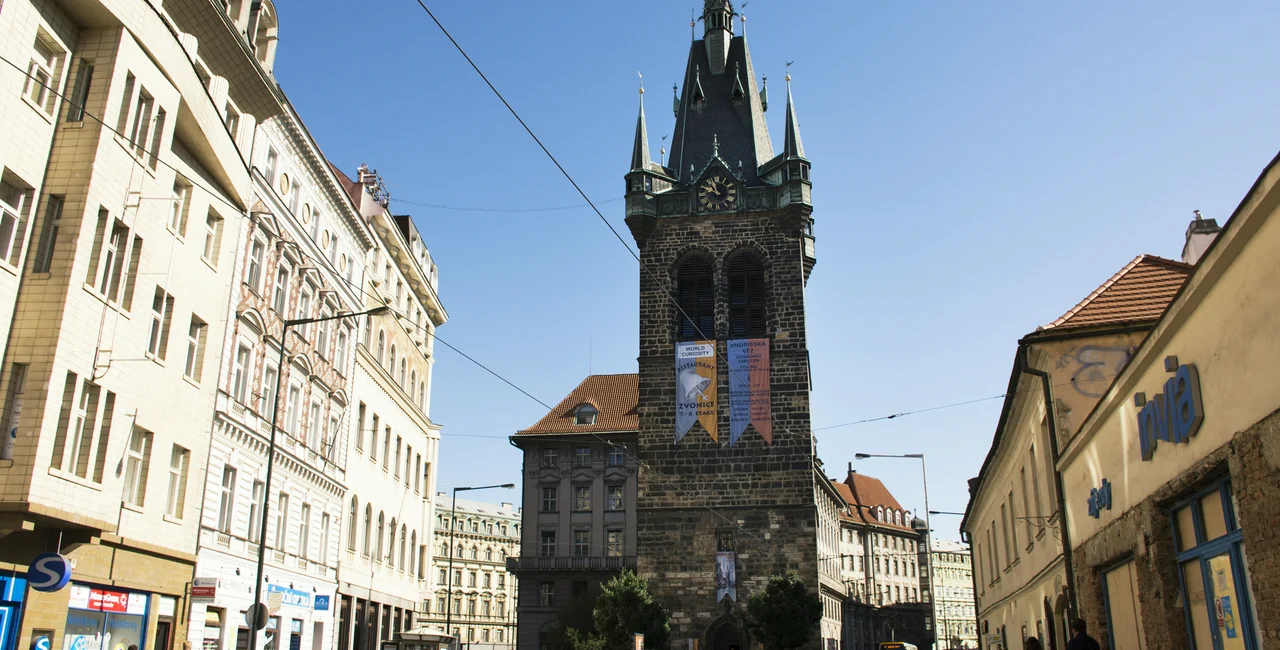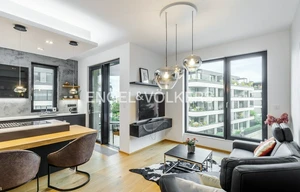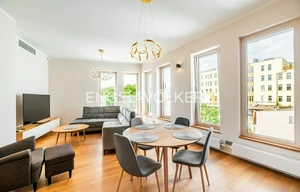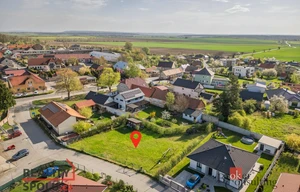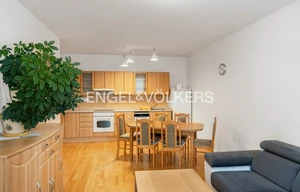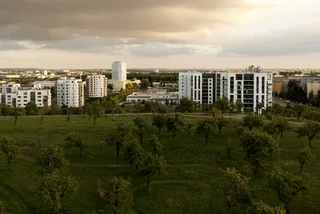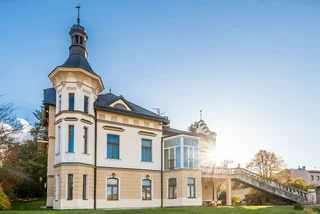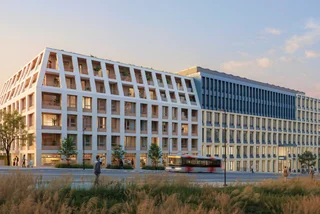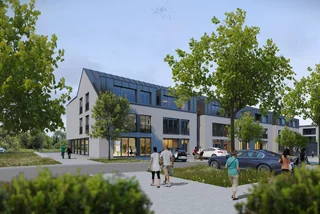The Roman Catholic Church plans to boost its income by owning and renting out about 1,000 apartments. The Prague Archdiocese plans to invest almost CZK 3 billion in housing by 2025, Prague Archdiocese Vicar-General Jan Balík said at a press conference.
The local branch of the Catholic Church plans to buy new real estate, repair apartment houses, and invest in its own development projects. At the same time, it wants to get rid of property it already owns that is hard to manage. Additional income could come from forest management.
The archdiocese has already taken over its first rental apartments, which so far are 63 apartments in Prague's Zličín district. The archdiocese will also operate a restaurant and two shops in the area.
It now has 300 new apartments under contract, which should be available by the end of 2025. It is also negotiating the purchase of around 100 apartments currently under construction. The archdiocese wants to buy fundamentally new and large apartment complexes.
Bell tower and chateau for sale
The archdiocese recently announced its intention to sell Jindřišská věž, a Gothic bell tower on Jindřišská Street in Prague’s center. The news took Prague City Hall by surprise. Outgoing Mayor Zdeněk Hřib said on Facebook that the city and the Prague 1 district would discuss the sale with the archdiocese to make sure the tower didn’t “fall into the wrong hands.”
Hřib said he hoped to ensure its dignified use and proper care, and that the city was interested in buying the tower if a deal could be made. The tower currently houses a restaurant as well as a whiskey shop and a gallery space.
The price of the tower was announced as CZK 75 million, but Balík says it will likely be higher due to the level of interest in the sale. The archbishopric will wait until the end of the year for the Prague City Hall to sets its conditions for the sale.
The archdiocese has also been considering the sale of the Clara Futura Hotel in Dolní Břežany in the Prague-West district. The hotel, located in a historical chateau, has been losing money.
The Catholic Church has owned the Dolní Břežany chateau for nearly 300 years. At the start of the communist era in the late 1940s, the castle was among the church’s real estate holdings that were confiscated and became state property.
If the hotel is sold, the financial profit will be used to support a secondary school and the construction of a speech therapy school.
The castle was returned to the church as part of the restitution program following the fall of the communist regime. The building had been badly neglected and had fallen into disrepair. The archbishopric spent CZK 250 million in 2015–18 on renovations to convert it into a five-star hotel.
Archdiocese has to become self-reliant
The archdiocese is preparing for 2030 when it will no longer receive a state contribution for its activities. It will need half a billion crowns to cover its spiritual activity and must earn at least this amount from economic activity, donations, and grants.
As part of its efforts to manage its income, the archdiocese established the AP Group to bring its foundations, trusts, and commercial companies under one umbrella. The company Xplace services will be part of the group and will oversee rental services. All the entities are located in the Czech Republic and established under Czech law.
The law on the property settlement between the churches and the state took effect on Jan. 1, 2013. The state returned the real estate that had been taken away from the churches and set financial compensation for the former church property that the state cannot return. Last year, the Roman Catholic Church in Czechia received from the state CZK 1.79 billion from the state in compensation.












 Reading time: 3 minutes
Reading time: 3 minutes 